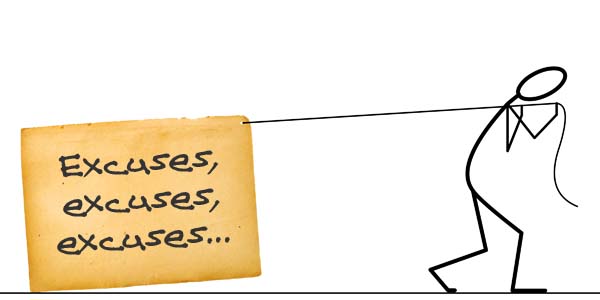
Depression is a big problem in our society. People think that nowadays we have more depression, when in fact we do not. What we have is a distorted definition of happiness and depression.
Here are some myths about happiness and depression that make people feel even more depressed.
Myth 1: Happy people are happy at all the time
When I go over the happiness scale with my clients, many of them think that they are supposed to be happy all the time. I can understand how people with this distorted definition of happiness can feel depressed. Some of them say that on a scale of 1-100, a happy person feels 95 happy or even 100. Since 100 is a state of total excitement and bliss, we cannot experience the excitement if we are high all the time.
Human beings’ nervous system notices differences. Feeling just a little bit happier than before works just as well when you go from 32 to 35 as when you go from 62 to 65. So every day, focus on being just a little happier than you were yesterday.
Read Distorted Definition of Depression Increases Depression »















